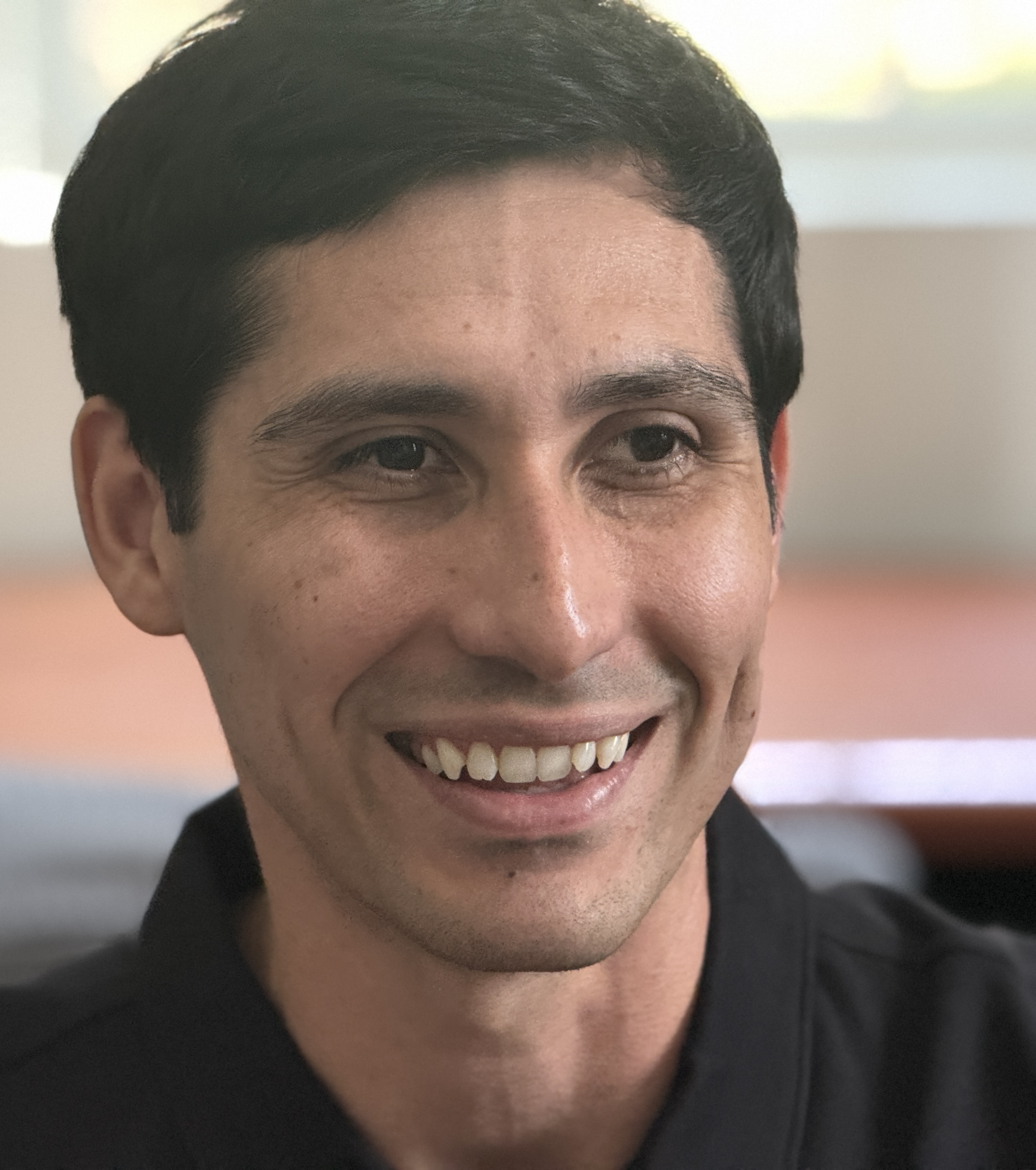Why Autonomy? Why Me?
The future is autonomous. Not just cars — everything. And the people building that future need more than just technical skills.
From an early age, I found ways to engineer solutions — whether through code, tools, or systems — so I could focus on bigger challenges. It was implanted to me at an early age that most work could be automated and freed up my time for more challenging tasks. This foundational belief drives everything I build today.
I believe we're at an inflection point where autonomous systems will reshape entire industries. From agricultural monitoring to industrial inspection, search and rescue to logistics — the applications are limitless, but they require builders who understand both the technology and real-world constraints.
The technology is finally mature enough. The business case is clear. But execution? That's where most projects fail.
My finance background taught me to think in systems, assess risk, and deliver under pressure. My tech years taught me to build things that actually work. This combination is rare in autonomy — where you need both technical depth and the business maturity to navigate complex stakeholder environments, safety requirements, and market realities.
Banking taught me to evaluate complex scenarios and manage high-stakes decisions. When you're underwriting a $50M loan, you learn to think through failure modes that others miss. 8+ years building working prototypes across the full technology stack — from web apps to autonomous drones — taught me that working code beats perfect theory every time. I'm comfortable bridging technical teams and business leadership, explaining neural networks to executives and ROI calculations to engineers.
Autonomous systems aren't just about the technology anymore. They're about regulatory compliance in safety-critical environments, stakeholder buy-in from skeptical operators, business models that actually generate revenue, and risk management when failures have real consequences.
Most engineers focus on the first problem. Most business people don't understand the technical constraints. You need both perspectives to ship something that works in the real world.
I'm genuinely excited by the challenge of building systems that make autonomous decisions in the real world — it's the perfect blend of technical complexity and practical impact.
When a drone I built can navigate autonomously, assess situations independently, and execute missions safely — that's not just code running. That's a system making decisions that matter.
The next decade belongs to the builders who understand both the technology and the business. I intend to be one of them.
